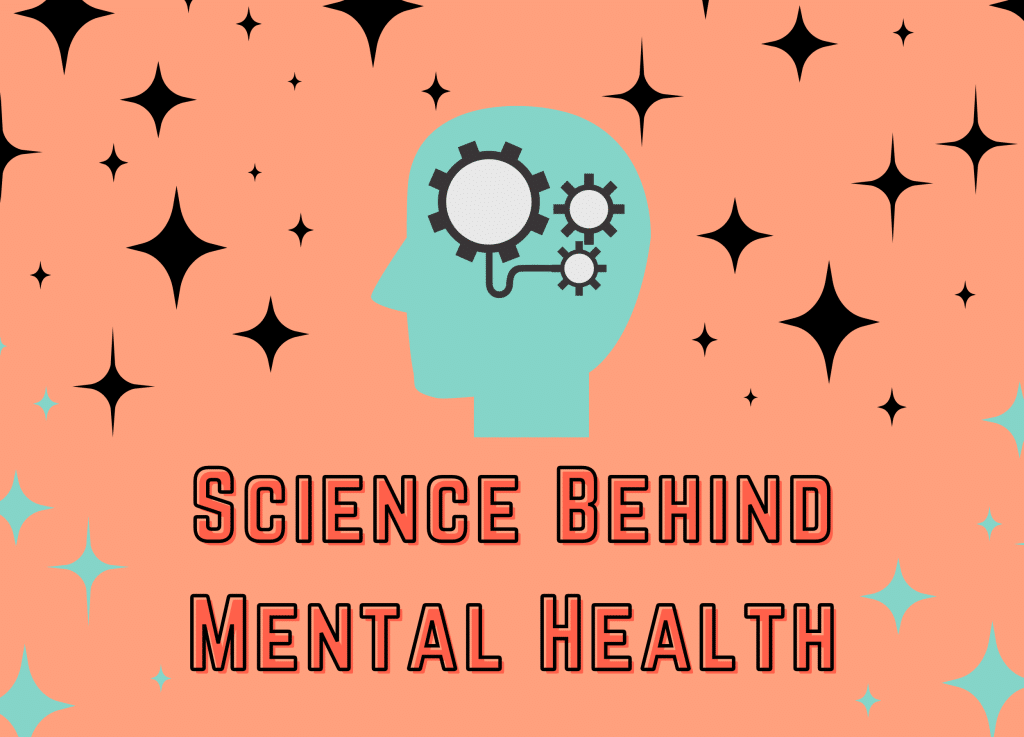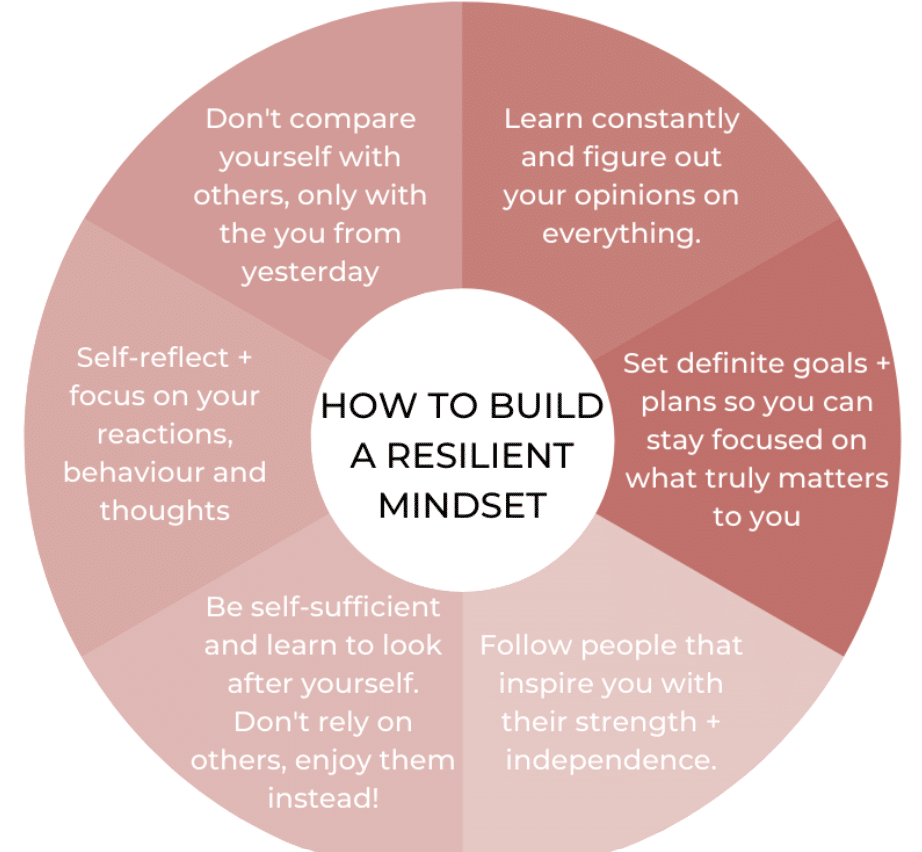In today’s fast-paced world, mental health challenges are more prevalent than ever. “Mind Over Matter” isn’t just a catchy saying; it’s a testament to the human capacity for resilience and adaptability. This article offers a comprehensive guide on overcoming mental health challenges, delving into traditional and alternative treatments, the science behind mental health, and inspiring real-life stories. Understanding and overcoming mental health challenges is not only vital for individual well-being but also crucial for societal progress. Read on for a wealth of strategies, tips, and expert advice designed to empower individuals to take control of their mental health.
Contents
- 1 Understanding The Importance Of Mental Health
- 2 Common Mental Health Challenges And Their Symptoms
- 3 The Science Behind Mental Health
- 4 Traditional Approaches To Mental Health Treatment
- 5 Alternative And Holistic Approaches
- 6 Mind Over Matter: Mental Resilience Strategies
- 7 Real-Life Stories: Triumph Over Mental Health Challenges
- 8 Getting Professional Help: When and How
- 9 The Bottom Line
- 10 Related
Understanding The Importance Of Mental Health

Mental health isn’t merely the absence of mental disorders; it encompasses emotional, psychological, and social well-being. Understanding this multi-faceted concept is the first step in overcoming challenges. Poor mental health doesn’t just affect the mind; it has a cascading impact on physical health, relationships, and even economic status.
As per recent statistics, one in five adults in the United States experiences mental illness each year. This staggering figure demonstrates how intertwined mental health is with the overall quality of life. When mental health is compromised, work productivity, interpersonal relationships, and general well-being often take a hit. Given its crucial role in daily life, understanding mental health is essential to improving it.
Common Mental Health Challenges And Their Symptoms

Depression is more than just feeling sad; it is a debilitating condition that affects every aspect of daily life. Symptoms include persistent sadness, loss of interest in activities, and fatigue. Moreover, depression often coexists with other mental health conditions, complicating diagnosis and treatment.
Anxiety disorders, another common mental health challenge, come in various forms: generalized anxiety disorder, social anxiety, and specific phobias, to name a few. Symptoms can range from excessive worrying to panic attacks, often interfering with daily functioning. Similarly, stress, while not always categorized as a mental health disorder, can exacerbate or lead to more severe mental health issues if not managed properly.
The Science Behind Mental Health

Advancements in neuroscience have shed light on the biochemical aspects of mental health. Neurotransmitters like serotonin and dopamine play a pivotal role in regulating mood and emotions. Imbalances in these neurotransmitters often correlate with symptoms of mental health disorders.
Another area of interest is the brain-gut connection, which explores how diet and gut health can influence mental well-being. Research has indicated that a diet rich in certain nutrients can positively affect mental health, further proving the mind-body connection. Genetic factors also cannot be ignored. While having a family history of mental illness is not a surefire indicator that someone will face the same challenges, it does increase the likelihood, adding another layer to the complex fabric of mental health.
Traditional Approaches To Mental Health Treatment

Prescription medications, including antidepressants and anti-anxiety medication, are often the first line of treatment for mental health issues. These drugs target neurotransmitter imbalances, aiming to restore chemical equilibrium in the brain. However, medication is often most effective when paired with other forms of treatment, like psychotherapy.
Psychotherapy, or “talk therapy,” involves speaking with a qualified mental health professional to understand and manage your mental health. Cognitive Behavioral Therapy (CBT) and Dialectical Behavior Therapy (DBT) are among the most effective forms of psychotherapy. These therapies teach coping strategies emotional regulation, and provide a safe space to explore one’s thoughts and feelings.
Alternative And Holistic Approaches

In recent years, alternative and holistic approaches to mental health have gained traction, offering options beyond medication and psychotherapy. Mindfulness and meditation, for example, have been shown to significantly reduce symptoms of anxiety and depression. These practices focus on the present moment, helping individuals recognize their thoughts and feelings without judgment.
Physical activity is another holistic approach that can improve mental health. Exercise releases endorphins, which act as natural mood lifters. Moreover, regular physical activity has been shown to reduce symptoms of anxiety and depression effectively. Changing one’s diet can also have a considerable impact. For instance, foods rich in Omega-3 fatty acids can improve brain function and subsequently elevate mood.
Mind Over Matter: Mental Resilience Strategies

Building mental resilience is about developing the ability to bounce back from setbacks and challenges. Cognitive restructuring is one technique that involves identifying negative thought patterns and replacing them with more constructive beliefs. This can lead to improved self-esteem and a more positive outlook on life.
Understanding emotional intelligence is another aspect of mental resilience. This involves recognizing one’s emotions and those of others and then using this awareness to manage thoughts and behaviors. Skills like empathy and self-regulation come under this umbrella, contributing to a more balanced mental state. Understanding the difference between healthy and unhealthy coping mechanisms can also lead to more sustainable mental health management.
Real-Life Stories: Triumph Over Mental Health Challenges

Hearing about others’ success stories can serve as a powerful motivator. One story involves Jane, who overcame severe depression through medication, psychotherapy, and mindfulness practices. Her journey illustrates how a multi-faceted approach can lead to successful mental health management.
Another inspiring tale is that of Mark, who suffered from social anxiety disorder. He could confront and manage his fears through cognitive behavioral therapy and exposure techniques. These real-life examples serve as beacons of hope, demonstrating that overcoming mental health challenges is not just a possibility but a reality for many.
Getting Professional Help: When and How

Recognizing when to seek professional help is crucial in the journey to better mental health. Symptoms like persistent sadness, excessive worry, or drastic changes in eating and sleeping habits should not be ignored. Consulting a healthcare provider for a proper diagnosis and treatment plan is essential.
Once you recognize the need for professional help, the next step is finding the right healthcare provider. Depending on the nature of the symptoms, this could be a psychiatrist, psychologist, or licensed counselor. Each has different methods and approaches, so it may take time to find the healthcare professional that’s right for you. This critical process includes research, consultations, and sometimes even trial and error.
The Bottom Line
Mental health is an intricate web of emotional, psychological, and social factors directly affecting our well-being. From understanding the importance of mental health to exploring both traditional and alternative treatment options, taking control of mental health is a multi-faceted journey. Whether you’re dealing with common challenges like depression and anxiety or simply aiming to build mental resilience, a wide range of options exists to aid you. Now is the time to act. Take the first step toward improving your mental health today—you’re certainly not alone on this journey.


